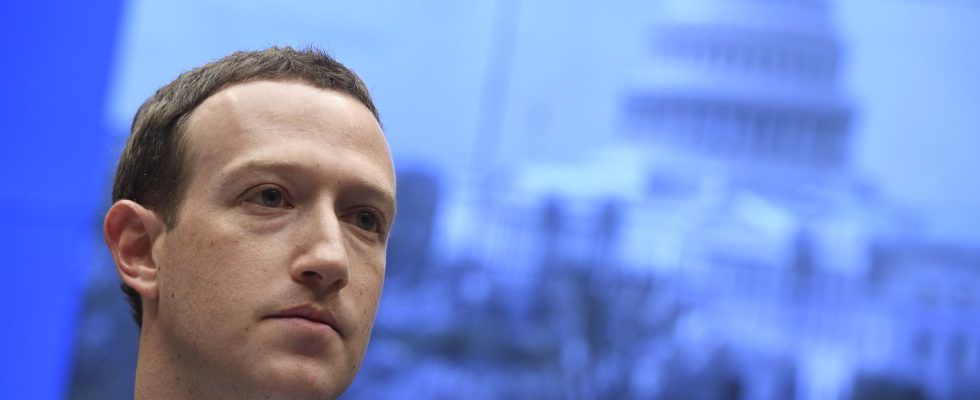The second cut is as bloody as the first. After laying off 11,000 employees last November, Mark Zuckerberg announced on March 14 the elimination of 10,000 new positions in the coming weeks. In all, Meta will therefore have cut 25% of its workforce in a few months. Beyond a complicated economic situation, the parent company of Facebook, Instagram and WhatsApp suffers from having overestimated its strengths. It has recruited exuberantly in recent years (15,000 job creations in 2020) without taking the desertion of young users seriously enough. Between 2014/2015 and 2022, the percentage of Americans aged 13 to 17 using Facebook plummeted from 71 to 32 percent, according to the Pew Research Center. The problem is that advertising, Meta’s main source of income, tends to target this demographic and follow them where they go.
Mark Zuckerberg tried to bring back the teens with his metaverse promises, but turned up the soufflé far too soon. He is right, of course, to bet that users will favor the most immersive solutions: this is what they have always done, moving from text to the mass sending of photos then videos and live. But it will still be years before the metaverses offer universes as spectacular as what “Zuck” depicts. By orchestrating a huge promotional campaign, with posters in the metro and a TV spot, the creator of Facebook succeeded in getting the public tired of his innovation even before launching it. Meta also failed to highlight its great skills in AI, at a time when everyone is talking about it.
TikTok, Meta’s first rival, soon to be banned?
Despite these impressive waves of layoffs, Meta can still count on good news. Its biggest threat is TikTok which is attracting young users en masse. However, the application of wacky videos is in Washington’s sights. The discourse of the American authorities has strongly hardened against him in recent months. And two recent bills have been introduced to ban it there. “The possibility that TikTok will be banned in the United States has become very credible”, indicated to L’Express Julien Nocetti, associate researcher in the Geopolitics of Technologies program at the French Institute of International Relations (Ifri).
As for Twitter, which Elon Musk promised to reinvent and reinvigorate, it proves, for the moment, that not everything the boss of SpaceX and Tesla touches turns to gold. The paid subscription launched by Elon Musk is not very successful and his cookie-cutter statements have scared off many advertisers.
This game of upheaval in social networks is an opportunity for Meta. The group can take advantage of this to strengthen Instagram’s place among adolescent populations. This is also the perfect time to reposition Facebook. The service is no longer (and probably never will be again) the hip social network it was in its early days. But it remains the most complete platform on the market with its many features (event organization, birthday reminder, group profile, etc.). If Meta manages to affirm it as a timeless “classic”, he will have won the game.
